Is it ever okay to use dry shampoo on damaged hair?
When it comes to hair care, dry shampoo can be a handy quick fix, but can damaged tresses handle its effects? In this article, we delve into the intricacies of using dry shampoo on compromised hair, weigh its pros and cons, and guide you through choosing the right type for your needs. Stick around to learn how to navigate the world of dry shampoos without causing further harm to your already delicate locks.
Understanding dry shampoo and hair health
When dealing with damaged hair, the care process is key and understanding the products you use is crucial. So, let's talk about dry shampoo. This product has gained increasing popularity over the years for its convenience and instant rejuvenation powers. Dry shampoos are used to reduce grease, dirt and oils in the hair while adding volume, essentially providing users with a quick freshening up.
However, it's important to underline how these benefits play out on a head of damaged hair. Dry shampoo can be a means to delay the harsh impacts of regular shampooing on already weakened strands, as it gently cleanses without stripping away essential moisture. But remember that this product should not be overused, for it doesn’t provide the same deep-cleaning effects as a full wash. Furthermore, excess may lead to dryness and itching due to ingredients like alcohol and perfumes. Hence, we’d advise you to select a dry shampoo and consider those with healthier compositions. In essence, when considering hair health, dry shampoos can be beneficial in moderation, but care should be exercised to avoid potential drawbacks and choose the best-suited product for your hair condition.
The impact of ingredients on damaged hair
When considering the dry shampoo ingredients that could cause an adverse reaction to damaged hair, it's pivotal to acknowledge a few notorious agents. The presence of alcohol, fragrances, and other harsh and harmful chemicals are the primary culprits behind scalp irritation and additional hair damage. Alcohols can be brutally drying, pushing your already compromised mane to the brink. Fragrances, especially synthetic ones, are notorious for igniting skin irritation, leading to an uncomfortably itchy and flaky scalp. Adding these effects to a head of brittle, damaged hair could spell a disaster waiting to happen.
Choosing the right dry shampoo to both accord with your immediate need for hair refreshment and a commitment to long-term hair health requires a vigilant examination of the product’s composition. It's a good rule of thumb to avoid dry shampoos inundated with sulfates, parabens, and synthetic fragrances for the sake of your delicate strands. Instead, opt for dry shampoos infused with nourishing natural ingredients such as argan oil or aloe vera. These substances help clean the hair and imbue it with necessary hydration and nutrition. Notwithstanding, remember that while dry shampoo can be a lifesaver in some circumstances, nothing replaces the thorough, restorative cleansing of a gentle, regular shampoo wash.
Pros and cons of using dry shampoo on weakened locks
Looking at the pros, one significant dry shampoo benefit for hair damage is its function as a non-intrusive cleaner. Given the vulnerable state of weakened tresses, traditional shampooing may aggravate the condition due to its harsh cleansing agents. Contrastingly, dry shampoo can refresh your mane without upsetting its delicate balance. Another major upside to using dry shampoo on damaged hair is its waterless application, making it a convenient option for hair care. Imagine gaining a vibrant, grease-free appearance without the need for time-consuming and potentially damaging washing and blow-drying processes.
On the flip side, we must consider the disadvantages of dry shampoo. Continuous use of dry shampoo may lead to accumulation and blockage within your hair follicles. Subsequently, this build-up could cause an inflamed scalp, itchiness, and even further hair damage. Additionally, some dry shampoos contain chemicals that might strip away the natural oils essential for healthy hair sustenance. Instead, these products substitute with artificial perfumes that might trigger discomfort or allergic reactions. From this perspective, it becomes clear that while dry shampoo holds certain merits for damaged or weakened hair, it ought not to be employed overzealousy. Maintaining balance and moderation are key for optimised hair health when incorporating this clever, quick-fix solution into your routine.
Selecting the right dry shampoo for your hair type
Choosing the right dry shampoo can be daunting, especially when you have a specific hair type and condition to consider. The dry shampoo selection process becomes critical for those with damaged hair, as the wrong product choice may further exacerbate the condition. The main aim should be to find a product that cleanses and refreshes your hair without water and nourishes and revitalises your compromised strands.
Let's break down some key factors to consider when choosing the right dry shampoo for your hair:
- Hair Type: Your natural hair type plays a significant role in selecting dry shampoo. It might be tempting to pick a well-advertised brand, but pause and consider randomly — does this fit my specific hair needs? For example, fine hair benefits most from volumising formulas, coated strands need colour-friendly variants, and dry, damaged hair gravitates towards nourishing ingredients.
- Ingredients: As discussed earlier, it's pivotal to avoid harmful chemicals like sulfates, alcohol and synthetic fragrances, especially in damaged hair. Opt for natural ingredients such as argan oil, aloe vera and tea tree oil that cleanse, nourish, and hydrate your hair.
- Your Goal: You should be clear about what you want from your dry shampoo. Is it only for cleansing or also for volume? Do you need it for emergency touch-ups or for regular in-between wash care? Once you're clear about your objective, your product choice process will be streamlined.
Rest assured, with the right research and understanding of your hair's needs, choosing the perfect dry shampoo for your damaged hair becomes less daunting.
When to skip dry shampoo for damaged hair care
In the journey of maintaining a balanced hair care routine, there are moments when skipping dry shampoo can be beneficial, especially when dealing with damaged hair. The over-reliance on dry shampoos may contribute to an increase in breakage and brittleness, essentially hindering the repair process of the compromised mane. In such cases, it's worth considering alternate hair care methods. Regular application of dry shampoo may strip natural oils and cause product buildup, posing potential risks to your scalp and the health of your hair. It's advisable to forego dry shampoo when your hair needs deep hydration and nourishment.
Another time to reconsider utilising dry shampoo is when your hair begins flaking or itching. These are clear signs of scalp irritation and may be your cue to temporarily reduce its usage and even eliminate it from your hair care routine. Instead, one of the effective damaged hair tips is to incorporate nourishing treatments or hair masks to help restore hydration and health to your hair. Intense conditioning treatments can help replenish moisture and bring life back to dry, damaged strands, proving a viable alternative to reaching for dry shampoo. Above all, listen to your hair's needs and adjust your routine accordingly, ensuring you care for your locks in the best way possible.

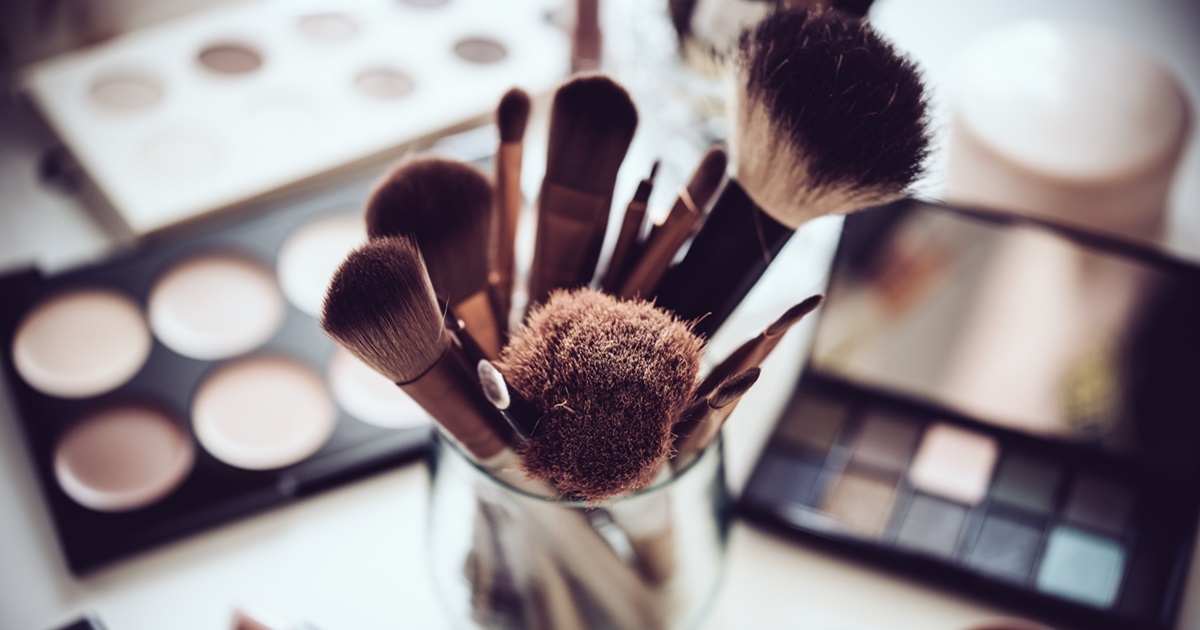
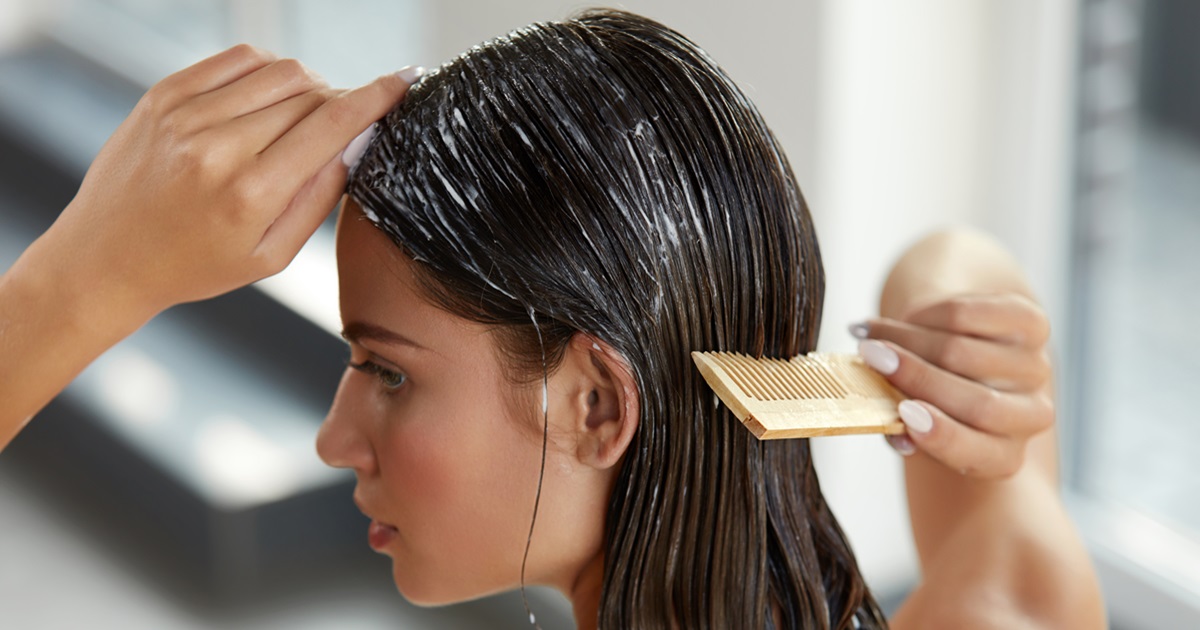
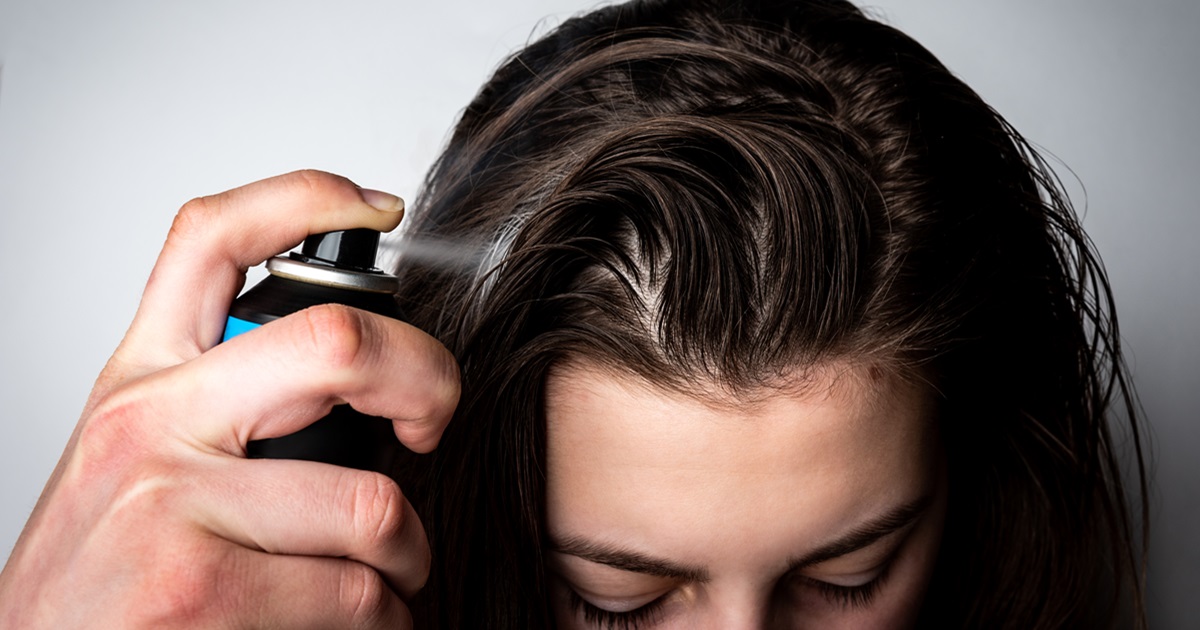
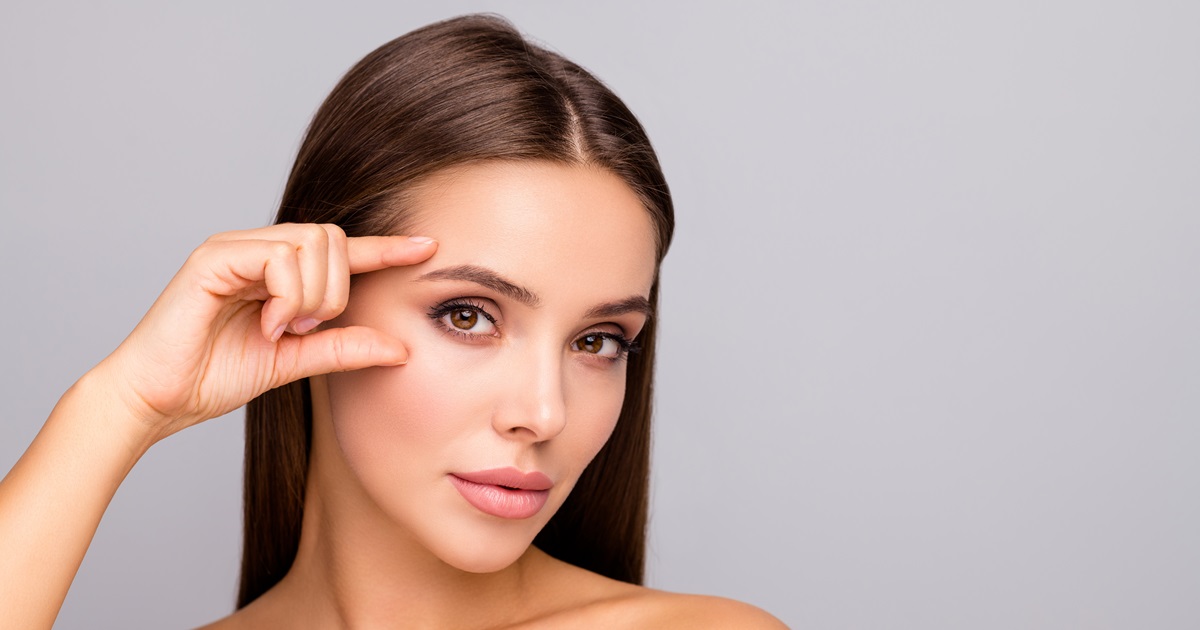
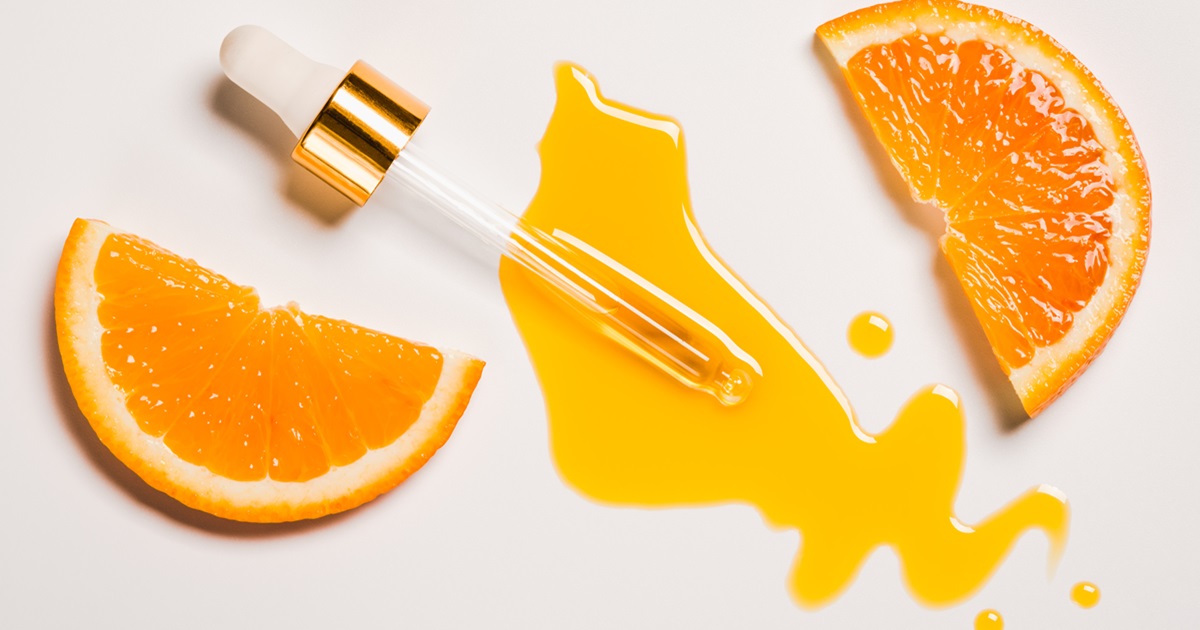

Add Comment
Your email address will not be published. Required fields are marked *